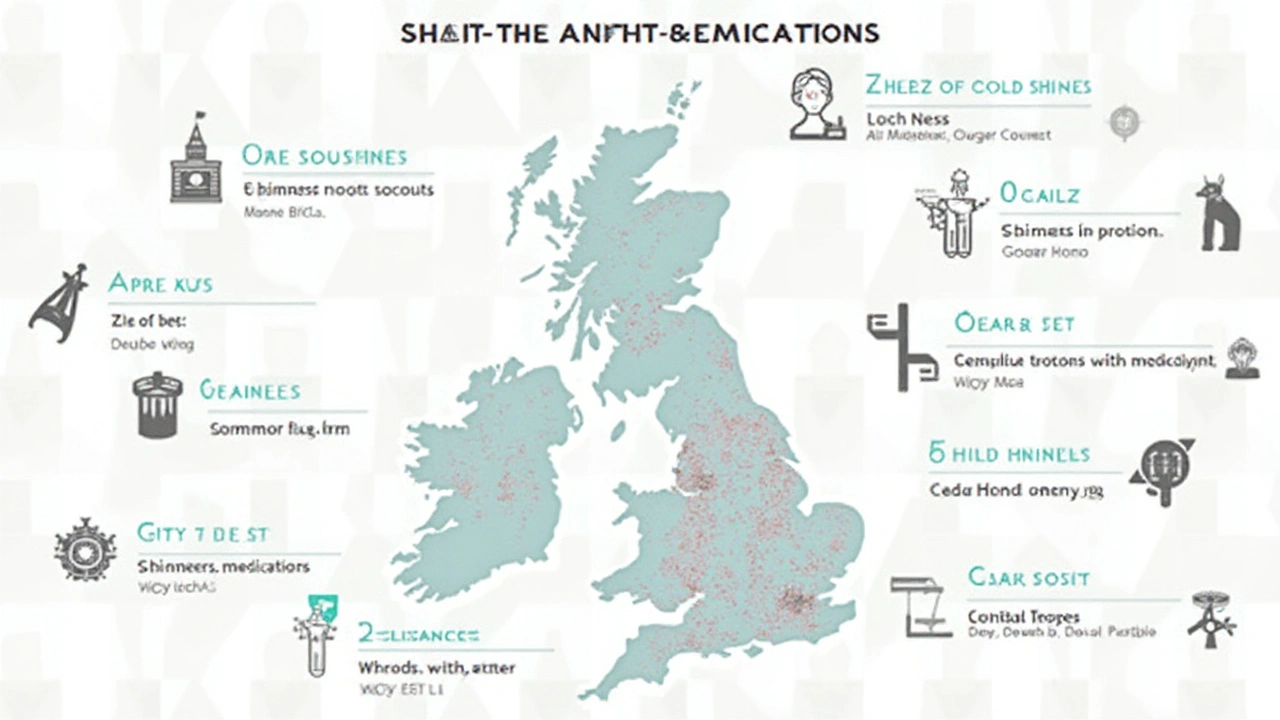Valtrex alternatives: what works when valacyclovir isn’t the best choice
If Valtrex (valacyclovir) isn’t working for you, or you’re looking for cheaper or different options, there are solid alternatives. This guide breaks down the common prescription substitutes, options for resistant infections, and practical supportive care you can use at home. No fluff — just clear choices and when they make sense.
Prescription antiviral alternatives
The three main antivirals used for herpes infections are valacyclovir, acyclovir, and famciclovir. Acyclovir (brand name Zovirax) is the older drug and comes as pills, topical cream, and an IV form for severe cases. It’s widely available as a low-cost generic. Famciclovir (brand name Famvir) is another oral option that can be taken less often than acyclovir for some types of outbreaks, which many people find more convenient.
If you’re dealing with typical cold sores or genital herpes, acyclovir and famciclovir offer similar effectiveness to valacyclovir when started early. For people who get frequent outbreaks, your doctor might suggest suppressive therapy with daily doses of any of these drugs. Ask about generic versions — they’re much cheaper and work the same.
When antivirals fail: resistant or severe infections
Resistance to standard antivirals is uncommon in healthy people but can happen in people with weakened immune systems. In those cases, stronger IV drugs such as foscarnet or cidofovir are sometimes used under hospital care. Those are specialist treatments and require close medical supervision because of potential side effects.
Topical therapies like penciclovir cream (Denavir) can help shorten cold-sore symptoms if applied right at the first tingle, but they’re less useful for genital outbreaks. For mucosal or severe skin disease, oral or IV antivirals remain the main choice.
Supportive care matters. Over-the-counter pain relievers (acetaminophen or ibuprofen), cold compresses, and keeping lesions clean and dry speed comfort while the antiviral does its job. For oral lesions, stay hydrated and avoid acidic or spicy foods that irritate sores.
Some people ask about supplements. L-lysine has mixed evidence: a few small studies show it may reduce outbreak frequency for some users, but results aren’t consistent. Don’t replace prescribed antivirals with supplements — treat them as extras and talk to your provider first.
If cost or access is the issue, generics and licensed online pharmacies can help. Buy from pharmacies that require a prescription, show clear contact info, and have good reviews. Avoid sites that sell prescription drugs without a prescription — that’s risky.
Bottom line: acyclovir and famciclovir are the practical, effective alternatives to Valtrex for most people. Resistant or severe cases need specialist drugs in hospital. If you’re unsure which option fits you, talk to your clinician — they can match the drug, dose, and plan to your health and outbreak pattern.

Explore 9 Valtrex Alternatives for Herpes Treatment
Jan 9, 2025, Posted by Mike Clayton
This article explores nine alternatives to Valtrex, a common antiviral medication used in treating herpes infections. Each option is described in detail, highlighting their benefits and drawbacks. From Acyclovir to Ganciclovir, learn about various antiviral medications available for managing infections like cold sores, genital herpes, and shingles. This comprehensive guide aims to provide practical insights for individuals seeking alternative treatments.
MORESEARCH HERE
Categories
TAGS
- treatment
- online pharmacy
- dietary supplement
- side effects
- medication adherence
- medication safety
- generic drugs
- health
- dietary supplements
- health benefits
- online pharmacy Australia
- adverse drug reactions
- thyroid disorders
- gabapentin
- treatment option
- calcipotriol
- blood pressure
- erectile dysfunction
- closer look
- optimal health
